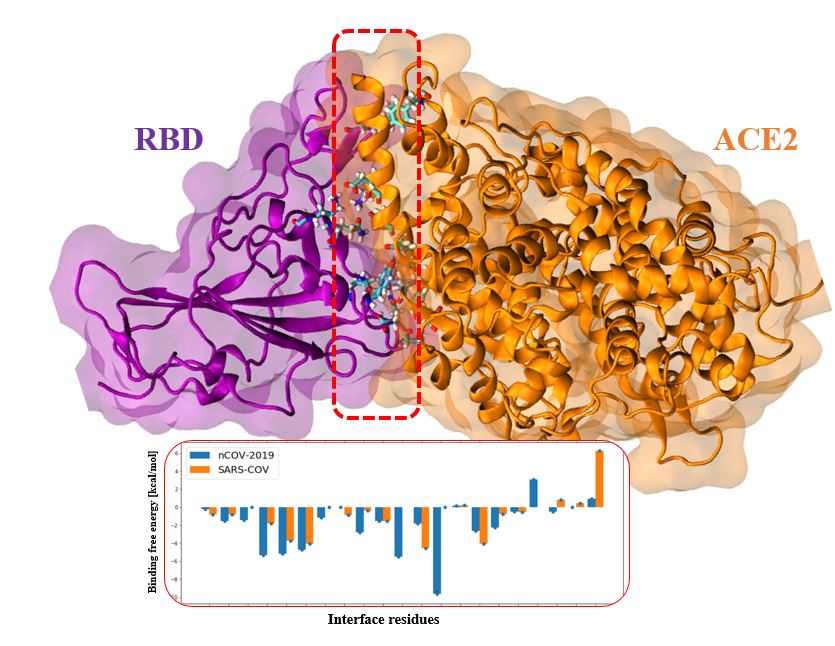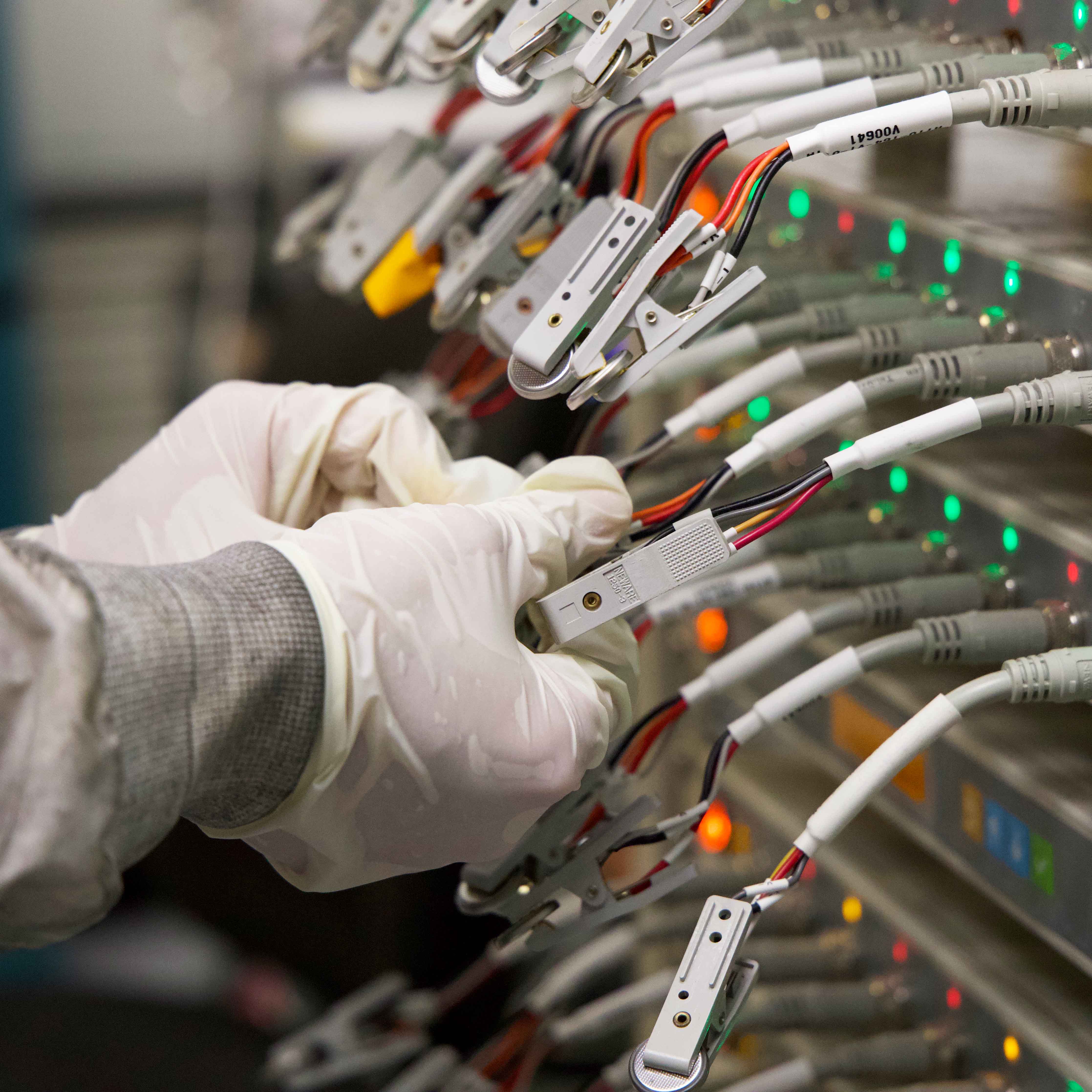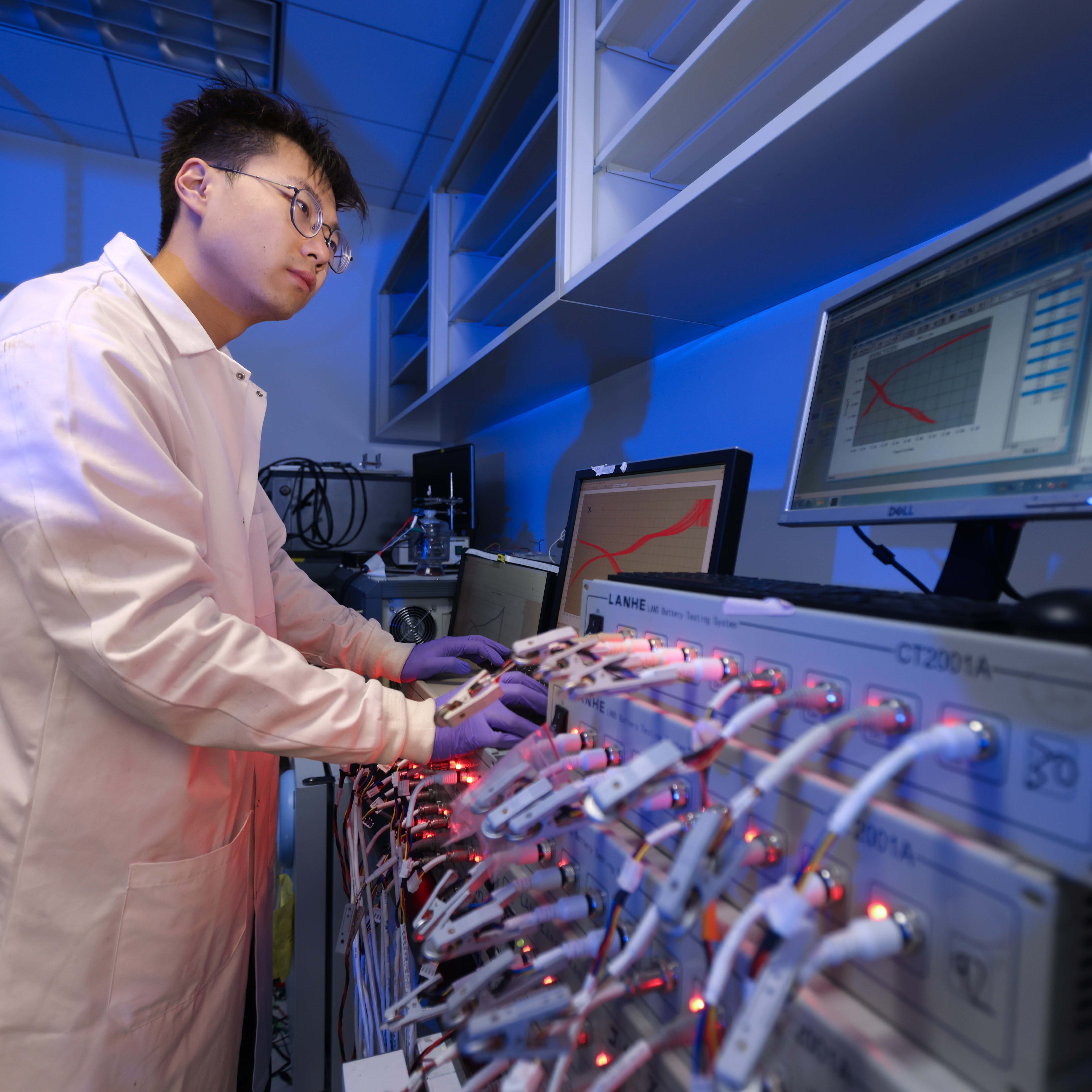News Story
ChBE Research Team to Investigate COVID-19

A University of Maryland (UMD) research group, led by Jeffery Klauda, a professor in the Department of Chemical and Biomolecular Engineering (ChBE), has shifted support from the National Institutes of Health (NIH, intramural) with Dr. Bernard Brooks' lab to investigate the mechanism of COVID-19 upon binding to its target location in the human body.
This novel coronavirus acts by first attaching to human cells through a protein known as the angiotensin converter enzyme (ACE2). The ability of COVID-19 to attach to ACE2 is an important determinant of viral infectivity in coronaviruses, thus, a major target for vaccination and antiviral strategies. Considering that a past coronavirus - SARS (Severe Acute Respiratory Syndrome) - caused the 2002/2003 epidemic, showing the importance of protein mutations in the virus which increases its ability to attach to the human ACE2 protein, is vital. Moreover, COVID-19 may further mutate to be even more dangerous.
To that end, Dr. Klauda and Ph.D. Student Mahdi Ghorbani, are investigating the importance of every protein amino acid at the COVID-19 and ACE2 interface using computer simulations at the molecular scale. These computational techniques will help scientists understand the critical role of amino acids at the interface and to highlight crucial interactions that can be useful in drug development. From an evolutionary perspective, the team will also compare the dynamic mechanism of COVID-19 in comparison to SARS, which will help predict mutations in COVID-19 to help guide drug developers towards better solutions of combating future coronavirus mutations.
Published May 20, 2020









